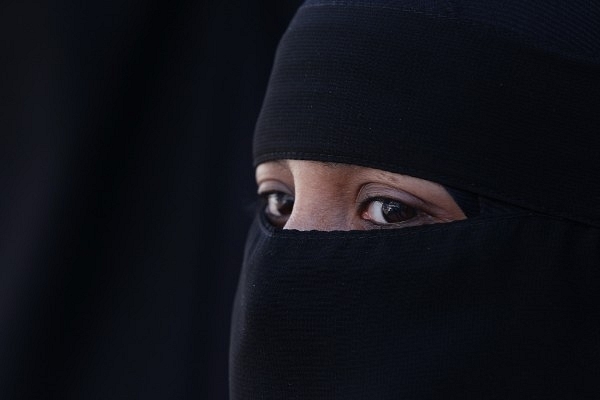
Hyderabad Muslim Woman Who Was Thrashed, Burnt, Tortured By Kuwait Employers Thanks PM Modi For Rescue
Rehana Begum, a resident of Hyderabad, has thanked Indian Embassy and Prime Minister Modi after she returned back safely from Kuwait where she was tortured by her employers, reports NDTV.
Rehana said that she was promised a beautician’s job at a salon in Kuwait by an agent. Instead, she was forced to work as a domestic help. The people who employed her, she alleged, didn’t give her proper food and clothing. They also thrashed her, burnt and tortured her.
"I would like to thank the Indian Embassy and Modi government for rescuing me from that hell,” she said.
Rehana said that facing torture in the foreign country, she called her daughter back home and told her ordeal. The daughter went to the Embassy which swung into action to bring back Rehana. She had left for Kuwait in January and returned just last week.
“There are many agents out there, trying to dupe people. We should not believe anything these agents tell us," she said.
NGOs working with domestic workers in the Middle East point to the pervasiveness of physical, mental and sexual abuse of immigrant women. Last year, Philippines president Rodrigo Duterte imposed a ban on sending labour to Kuwait after dead-body of a Filipino housemaid in Kuwait was found in a freezer, with marks of torture and strangulation.
Duterte also alleged that Arab employers routinely raped their Filipina workers, forced them to work 21 hours each day and fed them scraps. He even threatened a ban on citizens working anywhere in the whole region.
"Is there something wrong with your culture? Is there something wrong with your values?" he had said, addressing Kuwait.
In Saudi Arabia, under Sharia law, several foreign workers are punished, often by beheading, for crimes as appalling as ‘sorcery’. The international organisation Human Rights Watch (HRW) describes the working conditions in the country as "near-slavery" and attributes them to "deeply rooted gender, religious, and racial discrimination".